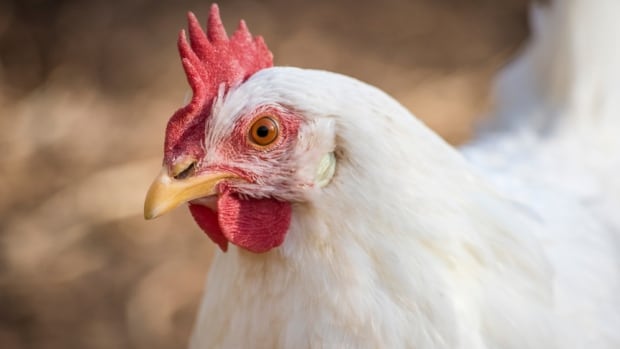British Columbia health officials are investigating what’s believed to be Canada’s first human case of avian influenza after a teenager tested presumptively positive for the disease, the Ministry of Health announced Saturday.
The teenager, who the ministry says is from the Fraser Health region, is currently receiving care at B.C. Children’s Hospital, while officials work to confirm the diagnosis and trace potential sources of exposure.
According to the statement, avian influenza, also known as bird flu, is a virus that primarily affects birds but can occasionally spread to humans through contact with infected animals or contaminated environments.
B.C.’s provincial health officer, Dr. Bonnie Henry, says the case marks the first time H5 avian influenza has been detected in a person in Canada, although there have been isolated cases reported in the U.S. and other countries.
“Our thoughts are with this young person and their family during this difficult time,” she said.
Henry said a thorough investigation is underway to understand how the virus may have been contracted.
The ministry noted that public health officials are tracking contacts of the patient to monitor for symptoms and to provide guidance on testing and prevention measures. Currently, no other human cases have been identified in connection with this incident.
According to the federal government, there has only been one human case of A(H5N1) ever reported in Canada. A Canadian resident died of avian influenza A(H5N1) in early 2014 after returning from a trip to China, where they were likely infected.
A person in Texas who had close contact with infected dairy cattle has been diagnosed with bird flu. It’s the country’s second known human case after the virus was discovered circulating among dairy cows across at least four U.S. states for the first time.
Since early October, the H5N1 virus has been detected in animals at numerous sites in B.C., including 22 poultry farms and in a variety of wild birds and small mammals such as foxes and skunks.
Earlier this week, Vancouver Island’s health authority warned residents about a possible exposure to avian flu at a petting farm in Campbell River.
In light of the confirmed cases among animals in B.C., officials are urging residents to avoid direct contact with sick or dead animals, keep pets away from affected wildlife, and report any dead or ill birds or mammals to provincial authorities.
More to come


